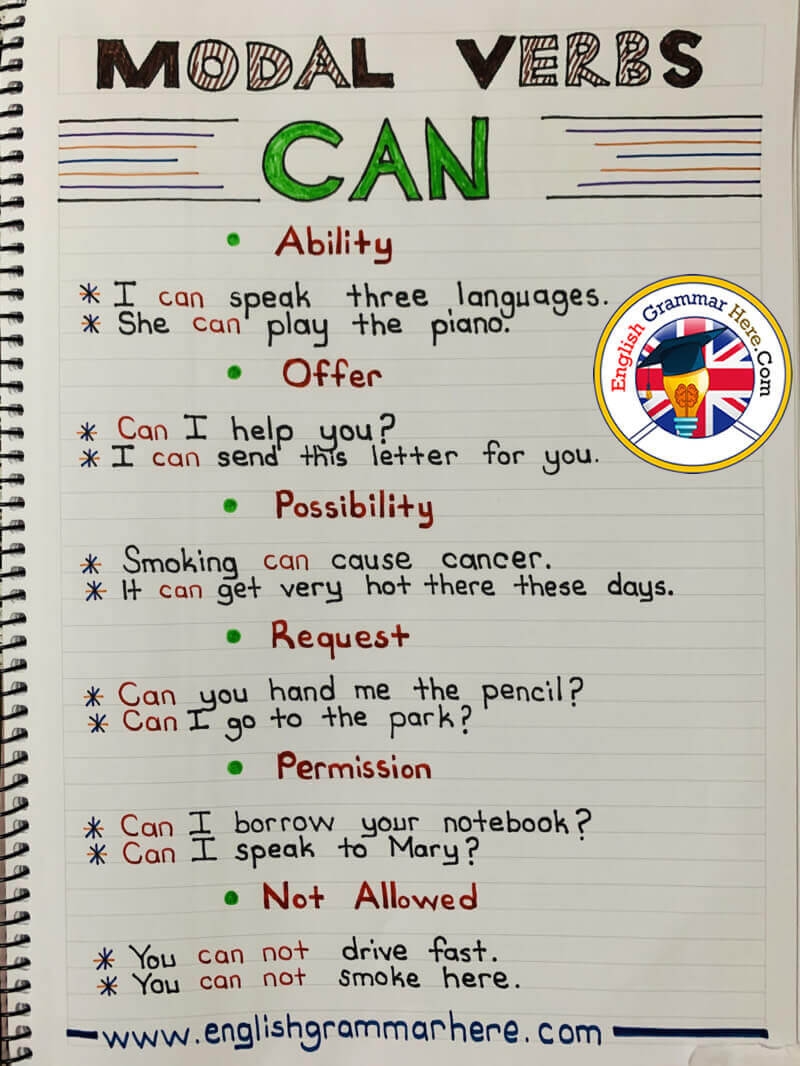Modal verbs are a special type of verbs that are used to express necessity, possibility, ability, or permission. They are often used to indicate the speaker’s attitude or opinion towards the action being described. Modal verbs can also change the meaning of a sentence by adding nuances such as certainty, obligation, or likelihood.
Common modal verbs include can, could, may, might, must, shall, should, will, would, and ought to. These verbs are used in combination with the base form of the main verb to form different meanings and convey different levels of certainty or obligation.
Examples of Modal Verbs
1. Can: I can speak Spanish fluently.
2. Could: Could you help me with this problem?
3. May: You may leave the room now.
4. Must: You must study hard to pass the exam.
5. Should: You should apologize for your mistake.
Modal verbs can also be used in combination with other modal verbs or auxiliary verbs to express more complex ideas. For example:
1. She will have to study harder if she wants to pass the test.
2. They might be able to come to the party if they finish their work on time.
Modal verbs can also be used to express politeness or make requests in a more indirect way. For example:
1. Could you please pass me the salt?
2. Would you mind opening the window?
Using modal verbs correctly is important for clear and effective communication. Understanding the nuances of each modal verb can help you convey your message more accurately and appropriately in different situations.
In conclusion, modal verbs play a crucial role in English grammar by adding depth and meaning to sentences. By mastering the usage of modal verbs, you can enhance your language skills and better express your thoughts and intentions.
